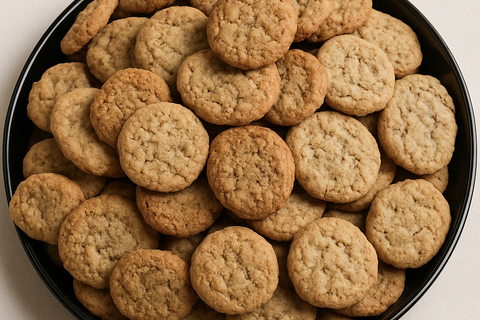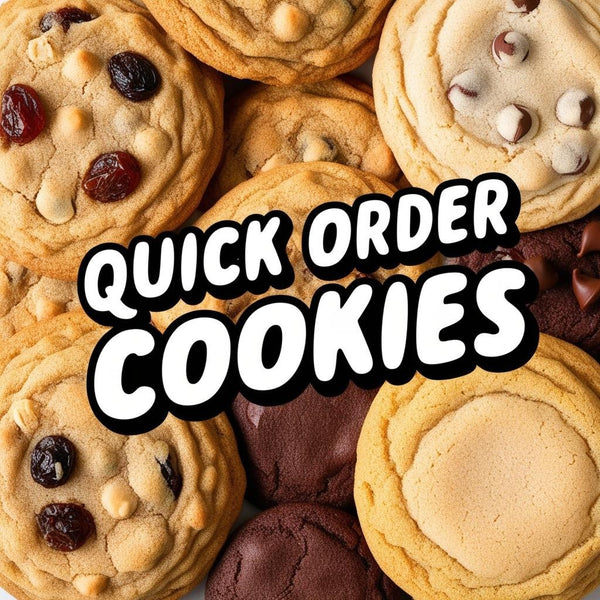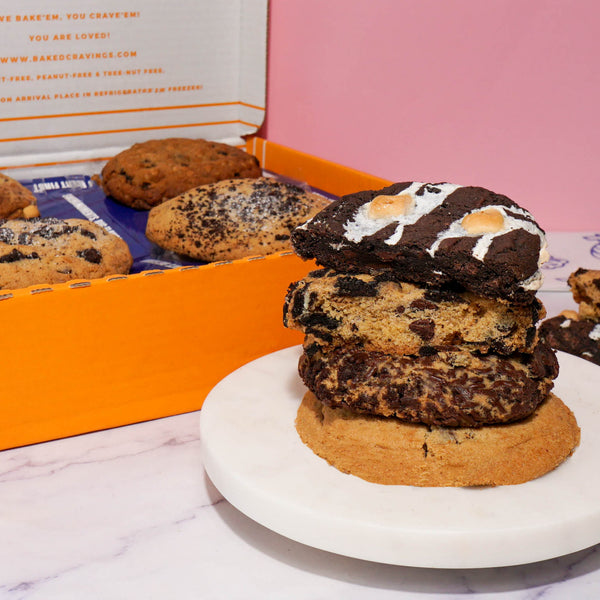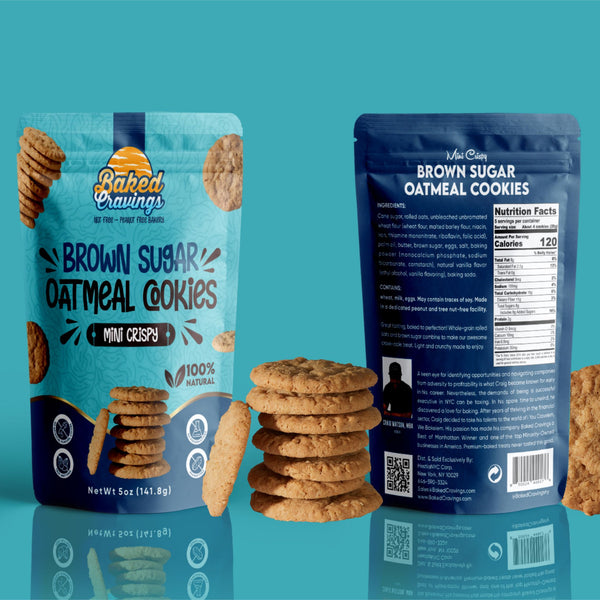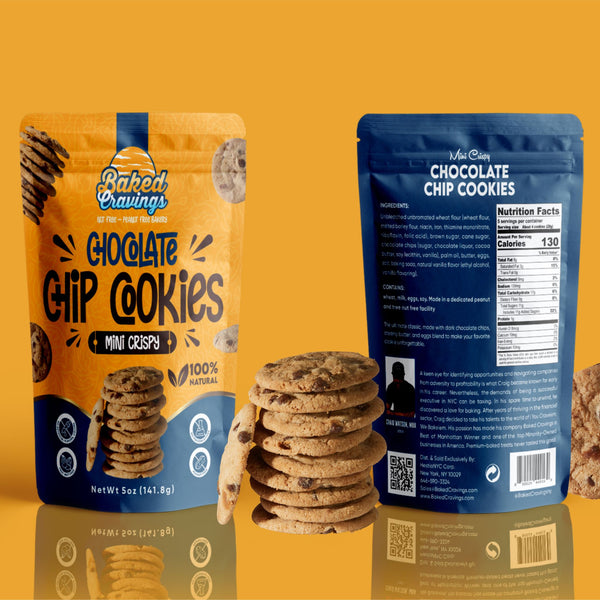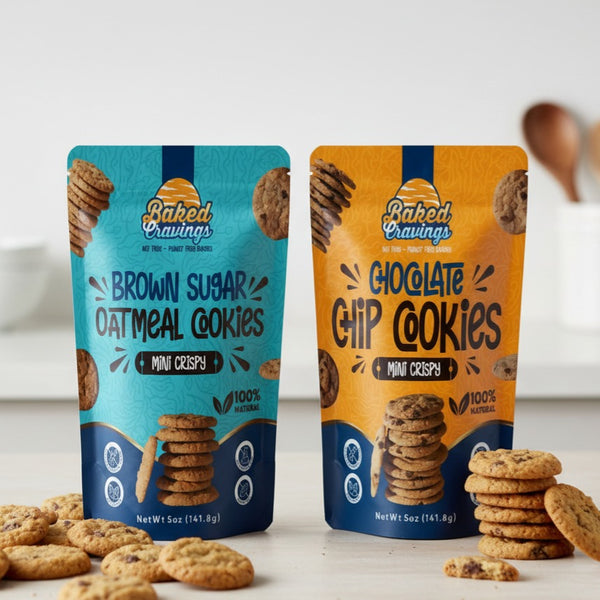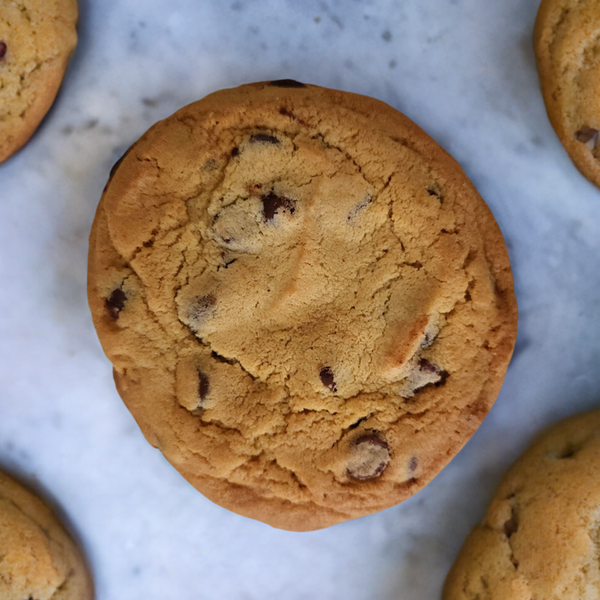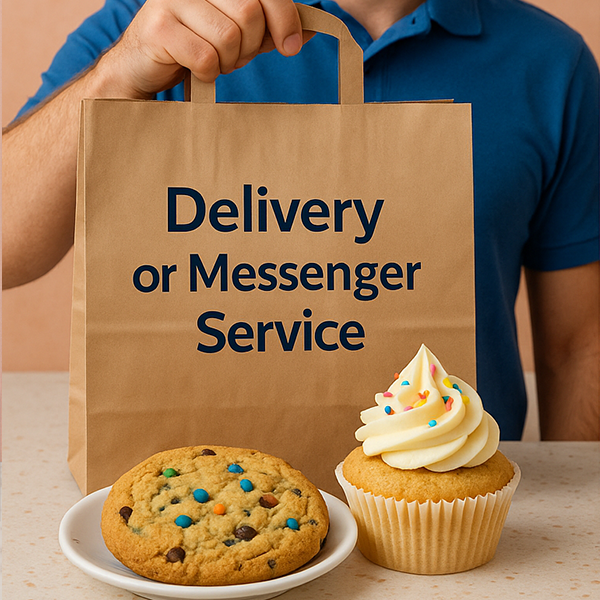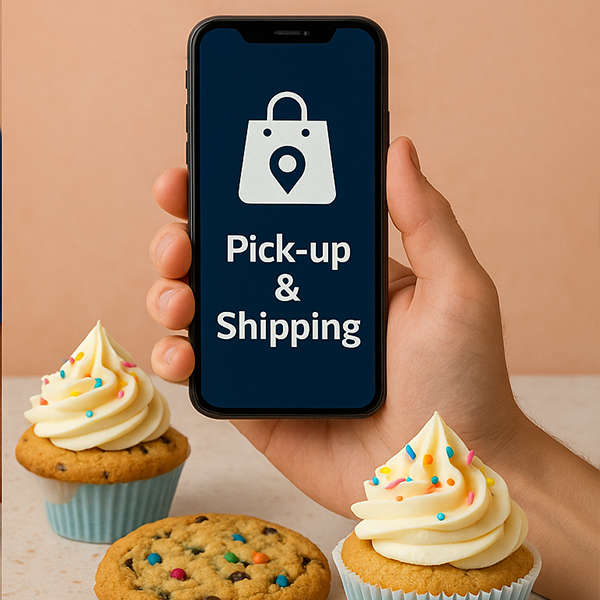Food Allergies Are on the Rise
If you're asking this question, congratulations! You're a good friend.
Food allergies are on the rise in the United States, and most of us know someone with an allergy. The most common food allergies are to nuts, milk, eggs, soy, and wheat. Seafood and shellfish can also cause serious allergic reactions.
The tricky thing is that these foods often show up as ingredients in other foods you'd never think of. Soy makes its way into cereals and even canned tuna. Some deli meat uses casein, a milk protein, to bind it together. That bowl of ice cream? It may actually contain wheat.
Even foods without allergy-causing ingredients can become contaminated if they are accidentally touched by someone who has handled nuts, for example, or are prepared on equipment that also processes an allergy-triggering food.
All of this makes it hard to watch out for foods that cause reactions.
That's where friends come in. If your friend has a food allergy, you can help make his or her life easier — without making the allergy the focus of all your time together.
For someone with a food allergy, having supportive and accepting friends can make a big difference emotionally — we all want to feel understood. Having supportive friends may even turn out to be life saving.
What's A Friend to Do?
Here are some ways you can help:
Get the specifics. Find out which foods your friend is allergic to and what the symptoms of a reaction are. Many symptoms are immediate — a rash, a tingling in the tongue or mouth, or trouble breathing. But others can take longer to show up. Learn how your friend has reacted to a food in the past, but don't stop there. Sometimes the same allergy can show up differently at different times. The more familiar you are with what can happen, the easier it will be for you to identify triggers and take action if something starts to happen.
Two minds are better than one. Help your friend connect any physical symptoms to the possibility of a food allergy. For example, if you're headed to class after lunch and your friend feels sick or dizzy, it could be more than the flu — it might be a reaction to something he or she ate at lunch.
Take it seriously. Some food allergies can be life-threatening. If you see a friend about to eat something you suspect will trigger an allergy, speak up. This is particularly important at times when a friend may be distracted or not paying attention. Drinking alcohol can sometimes interfere with a person's ability to make good decisions, for example.
If your friend starts to show symptoms, don't brush them off — take action and get help. Trouble breathing, faintness, or throat tightness can be a signs of anaphylaxis, a severe reaction that can lead to sudden death. It's important that you get help for these symptoms immediately.
Know what to do. What medicine does your friend take to treat the reaction? Where does he or she keep it? Find out what it looks like and how it is used so you can help if a serious reaction starts to happen. If your friend uses an epinephrine injector, ask to learn how it works in case your friend isn't able to use it.
Don't share food. People with severe allergies need to be particularly careful about how food is prepared. So that turkey sandwich you made on the counter next to your brother's PB&J could spell trouble for your friend. It's also a good idea to keep your utensils to yourself so you don't accidentally expose a friend to an allergen. This doesn't mean you can't share your friend's food (provided you're not allergic to it, of course). You may discover some yummy new treats — just be sure to wash your hands first.
This brings us to our next tip:
Wash your hands with soap and water after eating. Of course we all know it's important to wash our hands before we eat. But washing up afterward could be lifesaving if you've eaten something that might cause a friend to have a reaction. Be sure to lather up well with lots of soap and warm water. Hand sanitizers and wipes don't get rid of all the allergens.
Why Good Friends Matter
Friends who follow these tips can be helpful first-responders, looking out for possible triggers and helping to treat reactions when they arise. They also offer another important benefit — emotional support. Friends who "get it" can help people with allergies feel less alone.
Food allergies can be scary. And despite the fact that they're becoming more common, allergies can make people feel different or embarrassed. It's not easy monitoring the labels and ingredients in everything. It can feel awkward to ask "What's in this?" at a friend's dinner table or feel like you're holding up the line in the cafeteria when you'd rather be enjoying the meal and social time.
If you're not sure when to speak up or how to be helpful, ask your friend what he or she prefers. Does he like it when you ask a waiter about the ingredients? Would she rather not be monitored, but finds it comforting that you know where her epinephrine injector is and what to look for in a reaction?
The bottom line is, good friends take care of each other and try to help out. So keep being a good friend!



